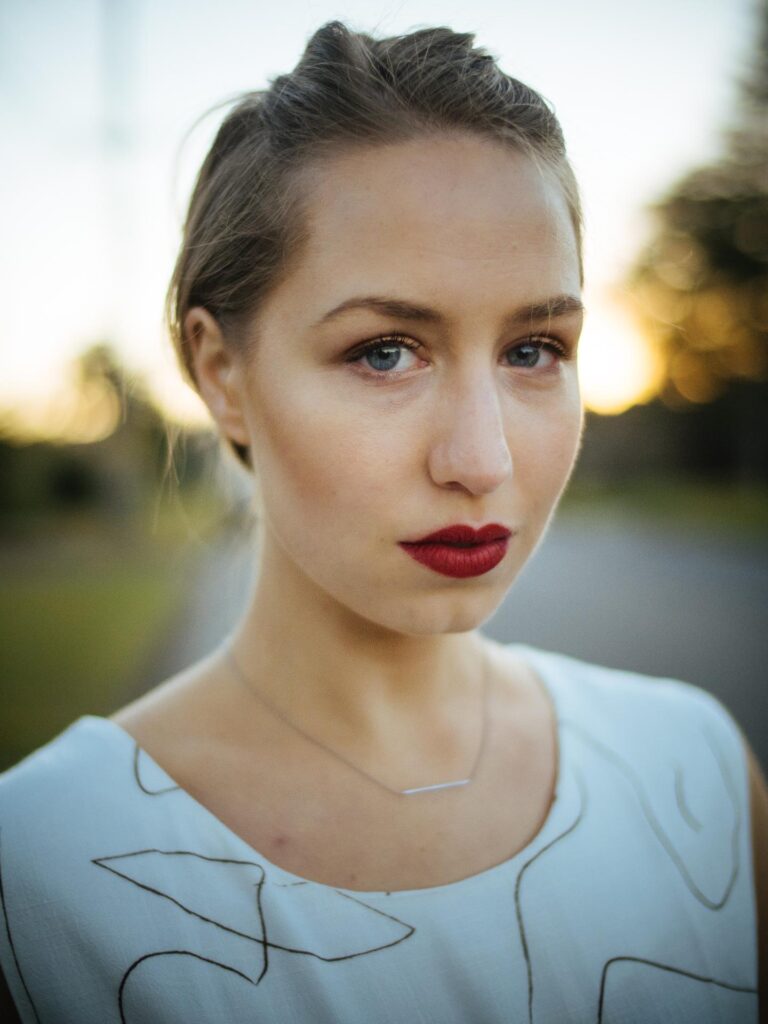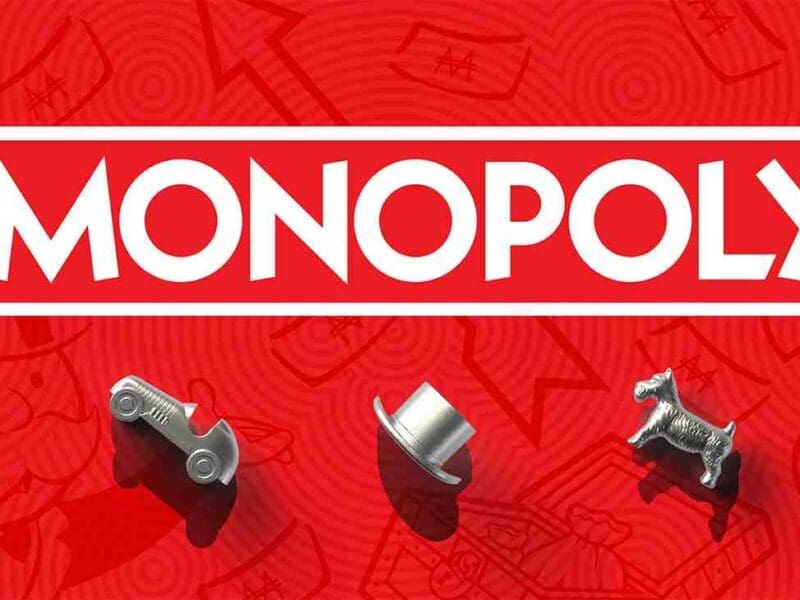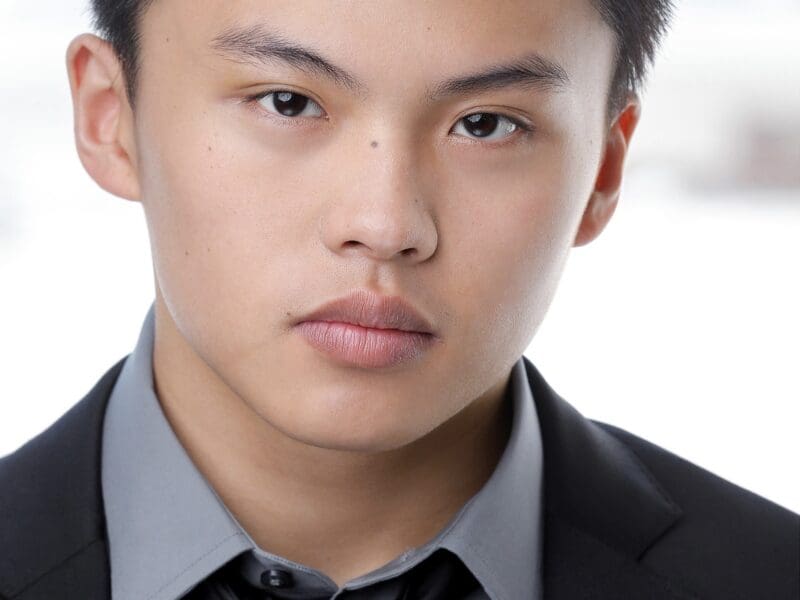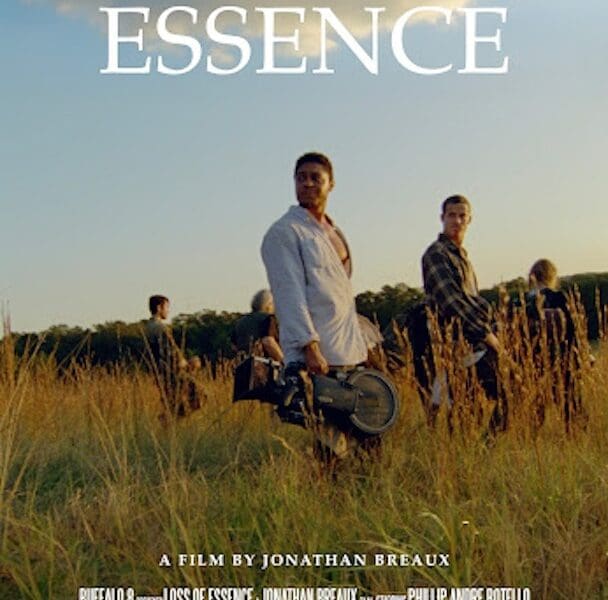
Express yourself: Get to know filmmaker & actress Izzy Stevens
Izzy Stevens is busier than ever. The actress played Bella Bartlett in the Australian action film Occupation, and reprised her role in the upcoming sequel Occupation: Rainfall. She’s slated to appear in the thriller Him, which is set for release in October 2021. If that weren’t enough, Stevens wrote, produced, directed, and starred in the short film Sea Foam, which will also drop later this year.
Some of Steven’s previous acting credits include Swipe Left, which got her nominated for Best Actor Award at Maverick Film Festival. She’s also written and directed the short films Phenomena and Leap. Phenomena was a Tropfest Finalist, while Leap won Best Experimental Film at Redline International Film Festival.
In addition to her wide range of talents, Izzy Stevens has a passion for helping others. She recently founded Creative Luminaries, which is an online film school that allows her to coach aspiring filmmakers and actors.
Film Daily had the chance to chat with Stevens about her diverse career, her online film school, and her plans for the future. Here’s what she had to say:

Tell us about your history in acting. How did you start your journey?
I always loved performing as a kid. I’d beg my parents to let me take acting workshops during the school holidays, but through my childhood I spent years seriously pursuing dance and ballet, which actually brought me to receive a scholarship for ballet to a Performing Arts High School in Sydney.
I was far too expressive and outgoing to be a ballet dancer though, and I had far less discipline than the incredible dancers I was surrounded by, so I quickly shifted over to the acting stream where I felt instantly at home, being able to act for hours each day was a gift. Things happened quickly from there.
I signed with an agent at 17 after they saw me in a play, and a month later I’d booked my first series regular role on TV, which was exciting (and very sobering!)
You’re perhaps best known for your starring role in the Occupation film series. What initially drew you to the character of Bella Bartlett?
What drew me to Bella was the huge character shift that she experiences. I was in my early 20’s when I booked Occupation, and yet my character Bella was 17 in the film, so it was wonderful to look at Bella and really see my younger self and relate to the experiences of being a young woman whose strength is overlooked.
Bella has this frustration of wanting to be taken seriously as an intelligent person and a capable fighter yet feels like everyone looks at her like she’s just a girl that needs protecting. Bella really proves through the film what she’s made of, and it was so awesome exploring that change in her. Bella becomes this gritty and tough resistance fighter who will stop at nothing to save her family.
How did your approach to the character change between Occupation and Occupation: Rainfall? Did you have any difficulty slipping back into Bella?
That’s a great question – you know when I found out we were going back for the sequel, I realized I had to work on not tripping out about that. A lot had changed for me personally since we’d filmed the first one, so of course I was apprehensive, but I focused on trusting that she was going to be there.
Ultimately when I walked on set, it felt like an effortless shift. There was a moment, you know, when the cameras started to roll, and I felt myself drop into something…and from there I can’t exactly articulate it. I think it required me to let go. It was awesome.
The Occupation films have lots of spectacular action scenes. Do you consider stunt work to be part of the acting process?
I definitely do now! It was new for me; I’d previously only acted in drama and comedy TV, so this was the first time I’d done any physical stunt work. It was seriously fun, and I am excited for more of that in my career. I enjoyed surprising people on set because initially it seemed people were cautious or worried about me – most likely because I am a smaller sized young woman – but I’m stronger than I look!
I had a character prop gun that was specialty made, and for some reason it was around 20 pounds, which made the running, tumbling, and fighting much more challenging…so, I definitely had bigger biceps by the time we wrapped! Haha.
I have a lot of respect for stunt performers – they juggle it all and make it look so brilliant, whilst usually wearing very heavy or cumbersome costumes. Plus, they’re some of the nicest people out there.

Who are your biggest acting influences?
Wow, long list, but here are a few: Francis McDormand, Carey Mulligan, Alison Janney, Isabelle Hubert, Viola Davis, Naomi Watts, Phillip Seymor Hoffman, and Jake Gyllenhaal.
You have written & directed several acclaimed shorts, including Phenomena and Placidyl. What’s the biggest difference between making a short & a feature film?
I love the immediacy of short films, there is a much shorter shooting window and you’re able to tell a story with more freedom of experimentation with form and style than a feature. However, I really enjoy the length of time you get to invest when you’re on a feature, it gives you freedom to immerse yourself in the character and narrative, and there is nothing better than that.
I feel that shorts are more of an industry currency and are not as widely consumed by the general public. I see short films as a way to discover and express my voice and to familiarize the industry with my work. I believe the point of any piece of art is to connect and communicate – so ultimately the goal isn’t the form, it’s the message.
Your 2018 short, Leap, won Best Experimental Film at Redline International Film Festival. Were you surprised by the overwhelmingly positive response?
Leap was written and starring the talented Kristy Hocking, who brought me on to direct, so it was a collaboration with her that made this film so special. I believe collaboration is instrumental to creative success, and of course I am always surprised and excited when I feel recognized. The industry is saturated with incredible content, so it’s wonderful and humbling to feel seen in that way.
You directed, produced, wrote, and acted in the upcoming short Sea Foam, which will be released later this year. What can you tell us about the short? How does it compare to your previous work?
‘Seafoam’ is a short psychological thriller about a young woman named Billy, who makes a horrifying discovery about herself. I love psychological thriller films for their ability to discuss and play with the layers and make up of our mind, and our perceived reality. The film form gets us into the shoes of these unreliable narrators, so it’s fun to play with the mystery through them.
I don’t think I’ll ever tire of exploring this genre, because it allows me to play with sound and editing in this really experimental and effective way. ‘Seafoam’ feels a lot more confident to me than my other work, and every time I make another film, I feel a greater sense of freedom to explore. Thanks for asking!

Do you have a desire to direct feature length films in the future?
Absolutely! I am working towards it every day; I am so excited to start making features of my own.
You recently founded the online film school Creative Luminaries. What inspired you to start the business at this point in your career?
Creative Luminaries is a private coaching platform which helps actors and filmmakers go from script to screen, so they can stop waiting for some elusive big break. I started this business after years of being the person in the room people naturally gravitate to for creative advice or brainstorming help.
It brings me a lot of joy, and I realized there were so many talented people around me that lacked the confidence or technical ability to make their own work and express their voice. The business grew organically by word of mouth, I think because I have a lot of genuine excitement for the ideas of others, which I realize is pretty hard to come by in this industry!
This has been a brilliant way to connect through Covid and I think has helped lessen the loneliness of the creative process in my clients lives. I love this work! It keeps me inspired every day.
Do you feel online schools have become more vital in the wake of the COVID-19 pandemic?
Absolutely – I think it’s so important that we come together in any way that we can whilst we feel isolated during this time. My clients have all expressed how important it has been for them to feel grounded creatively during the pandemic.
When we spend all of this time isolated, we can forget the incredible power we have inside us, so having something to hold you accountable and remind you of what you’re capable of is sort of like going to a creative mindset gym, haha. We humans are meant to connect, so if the internet is the only way we can right now, then that’s great.
How amazing is it that we have this ability to learn and grow both globally and remotely? I’ve never loved the internet more.
How has the pandemic affected your own filmmaking career?
Wow that’s an interesting question… just like everyone else, Covid hasn’t been without its challenges for me, but I think if you know where you’re going, then all you can do is take steps forward. In many ways, the pandemic just put life into perspective for me, there is so much I want to do and explore, so I had to just keep going.
I’ve been able to grow a creative business, make three short films, and act in a feature throughout the past twelve months…that feels pretty crazy to think about, but for me it never felt like a choice. I do believe that when the obstacles get in your way, it’s an opportunity to pivot and adapt.

How important is it for actors and filmmakers to use their platform to mentor younger generations?
I personally feel like it’s really important. It makes me feel purposeful and connected to the world, we are here on the earth to evolve…but you know, I can’t speak for everybody. I don’t feel that everyone needs to be a mentor, but it’s certainly something I wish I had access to earlier in my career.
Younger generations will continue to be more and more exposed to the intensity of culture and the expectation of beauty and success, so having public figures be humanized and real and say ‘hey you don’t have to pay attention to all of this’ is really so valuable.
Have you personally worked with mentors in the past?
In moments, absolutely, however I am someone who always struggled to ask questions and find support. I had false beliefs that I had to figure it all out by myself, I still struggle with that, and I don’t want people to feel that way, which is why I began coaching.
We’re stronger when we band together, and we’re meant to feel connected and supported. I look forward to more opportunities to work with mentors in the future. It will never not be necessary.
Since you have experience as an actor, writer, producer, and director, which part of the filmmaking process do you enjoy most?
Fundamentally speaking, I am an actor and a director. All the other stuff I do is out of creative necessity and a pure struggle to say no to great creative opportunities and experiences. I honestly love every facet of the filmmaking process, even editing and sound design – it’s all exploration.
But I will never be more filled with joy than when I’m fully immersed in an acting role, exploring the real, funny, and tragic ways that we are human; or as a director, cultivating the momentum and shape of the narrative. Both roles make me feel super connected and alive.
What has been your biggest failure? What did you learn?
It’s only a failure if you let it stop you from moving forward – so I honestly don’t know. I will say that I have had major challenges, and from those I have learned that you have to get back up and keep going. It’s always an opportunity for growth.
It’s easy to go through my work and see the successes, but what you’re not seeing are the hundreds of roles I auditioned for that I didn’t get, or the many ways I have been rejected or overlooked. It’s part and parcel of pursuing a career in the entertainment industry.
The best thing this industry can do is give you a thick skin. I’ve learned that keeping my chin high and remembering who I am and why I am doing this is the best way to move forward and forget all the other noise.

What about your greatest success?
I believe success is an inside job, it’s about how much fun you’re able to have even when the walls feel like they’re burning down around you. So, I’d say my greatest success is doing my best to wake up every day with a smile on my face, reminding myself why I am hustling to make films and tell stories, and being able to support the people I love in my life in any way I can.
Can you tell us about any upcoming projects?
We discussed Sea Foam, which is in post-production now and I am so excited about it. Editing and sound design is one of my favorite parts of the process. I also recently produced a hilarious dark comedy called Operation White Boy, written by my dear friend Dalia Rooni, and I recently co-directed another psychological thriller film called Worst Enemy, which we are about to start the edit for.
What advice do you have for aspiring actors and filmmakers?
Don’t worry about perfection, just get into the process of expressing yourself. Also, what other people think of you is none of your business, so just get on with it and leave the drama behind.
What is your favorite film of all time?
Oh man, this is the hardest question of all. For many years, my favorite film has been Denis Villenueve’s Incendies. It is a truly brilliant film. Recently, I loved Carlo Mirabella Davis’ Swallow, and of course Promising Young Woman has blown me away. I am reading Emerald Fennell’s screenplay now, and wow it’s good. Emerald if you’re reading this, will you be my mentor? :)
Thanks for having me!







